Search results, if found, will automatically update as terms are selected. If no results are displayed, please revise your search terms.
Filter By:
Scott Sieg
School of MedicineMy areas of investigation include: HIV Immunology, antimicrobial peptides, head and neck cancer tumor microenvironment.
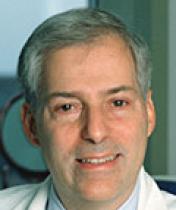
Robert H. Silverman , PhD
ProfessorDepartment of Molecular MedicineSchool of MedicineProfessorDepartment of BiochemistrySchool of MedicineMemberCancer Genomics and Epigenomics ProgramCase Comprehensive Cancer CenterEmail: silverr@ccf.org
Phone: 216.445.9650
My focus is in molecular mechanisms of the antitumor and antiviral activities of interferons.
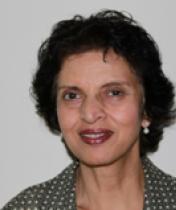
Neena Singh, MD, PhD
ProfessorDepartment of PathologySchool of MedicineProfessorDepartment of NeurologySchool of MedicineEmail: neena.singh@case.edu
Phone: 216.368.2617
My research includes prion diseases, protein transport, chaperones, proteasomes, and nuclear import.
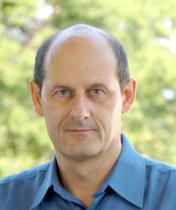
Jacek Skowronski, PhD
ProfessorDepartment of Molecular Biology and MicrobiologySchool of MedicineEmail: jacek.skowronski@case.edu
Phone: 216.368.8930
I research HIV-host cell interaction and accessory proteins.
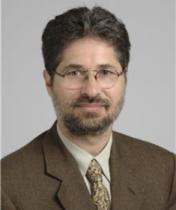
Jonathan D. Smith, PhD
ProfessorDepartment of Molecular MedicineSchool of MedicineMemberMolecular Oncology ProgramCase Comprehensive Cancer CenterEmail: smithj4@ccf.org
Phone: 216.444.2248
I primarily research cholesterol metabolism by macrophages, the genetics of atherosclerosis susceptibility in mouse models, and genetics and drug discovery in mouse models of Alzheimer disease.

Corey Smith , PhD
ProfessorDepartment of Physiology and BiophysicsSchool of MedicineEmail: corey.smith@case.edu
Phone: 216.368.3487
I research cell physiology, neural circuits and synaptic plasticity, systems neuroscience, neuroendocrinology, autonomic regulation, cardiovascular neuromodulation, and electrophysiology.
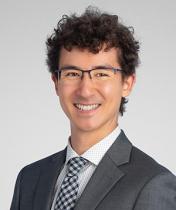
Apollo Stacy, PhD
Assistant ProfessorDepartment of Molecular MedicineSchool of MedicineMemberMolecular Oncology ProgramCase Comprehensive Cancer CenterMemberCenter for Microbiome and Human HealthLerner Research InstituteEmail: stacya2@ccf.org
We communicate with our resident microbiota through the language of metabolites. Host-derived metabolites shape the balance between commensals and pathogens, and in turn, microbiota-derived metabolites tune host immune responses. This dialogue ultimately determines our susceptibility to disease. We use bacterial genetics, genomics, animal models, and immune profiling to decipher microbiota-host metabolic communication in the oral cavity, site of one of the most prevalent inflammatory diseases worldwide (periodontitis).
Jonathan Stamler
PresidentHarrington Discovery InstituteDirectorInstitute for Transformative Molecular MedicineSchool of MedicineMy primary research is in redox-based cellular regulation and signal transduction, and in particular the role of protein S-nitrosylation.

Catherine M. Stein, PhD
ProfessorDepartment of Population and Quantitative Health SciencesSchool of MedicineEmail: catherine.stein@case.edu
Phone: 216.368.5631
Dr. Catherine M. Stein’s primary research focus is on genetic and environmental susceptibility to tuberculosis (TB), specifically the genomics of resistance and how genetic variation in both humans and the tuberculosis pathogen influence TB severity. Dr. Stein also works on speech-sound disorder, building upon more than two decades of Case Western Reserve University study.
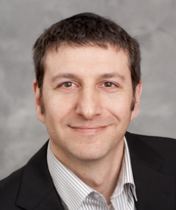
Julian E. Stelzer, PhD
ProfessorDepartment of Physiology and BiophysicsSchool of MedicineEmail: julian.stelzer@case.edu
Phone: 216.368.8636
Our lab studies molecular and in vivo mechanisms of cardiac regulation. We focus on the role of contractile proteins in modulation of mechanical and hemodynamic function in genetic and aquired heart failure. We use biophysical techniques, in vivo cardiovascular phenotyping, and gene replacement approaches to develop novel therapies that improve contractile function in heart failure.

